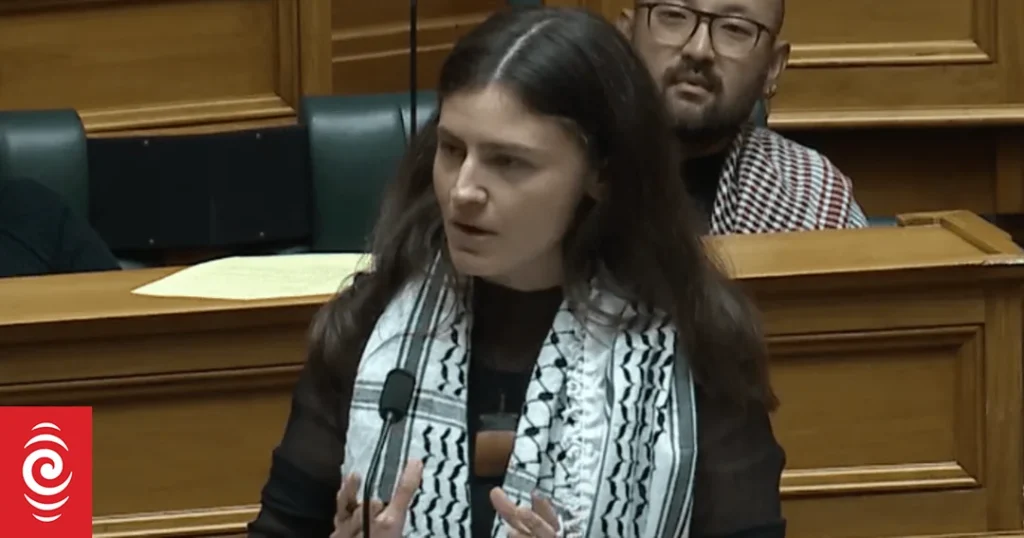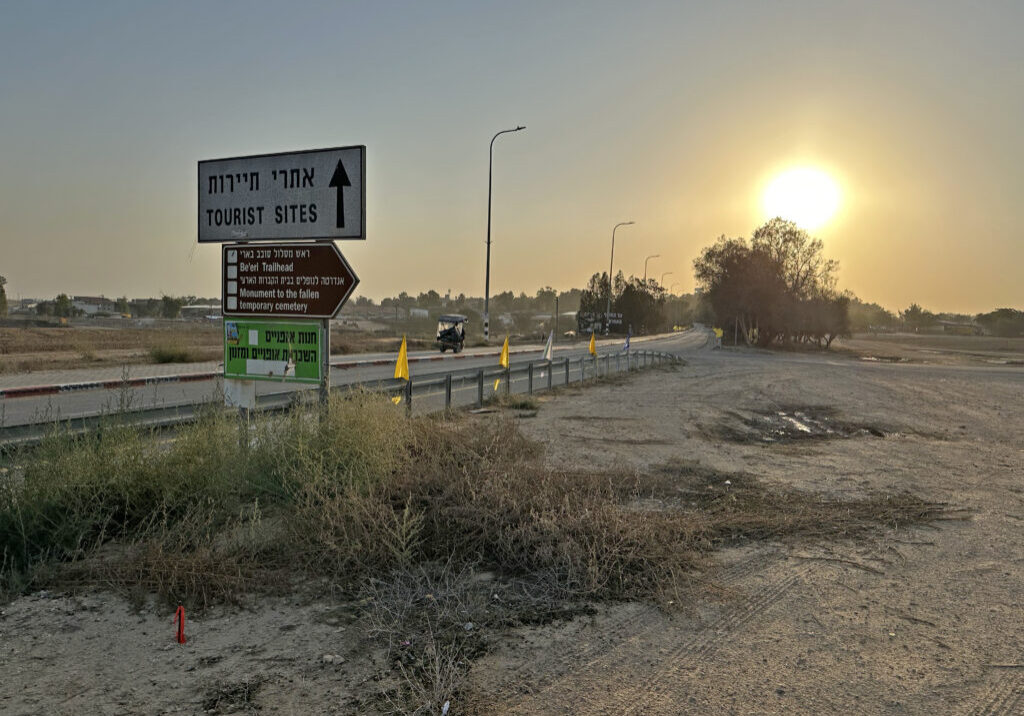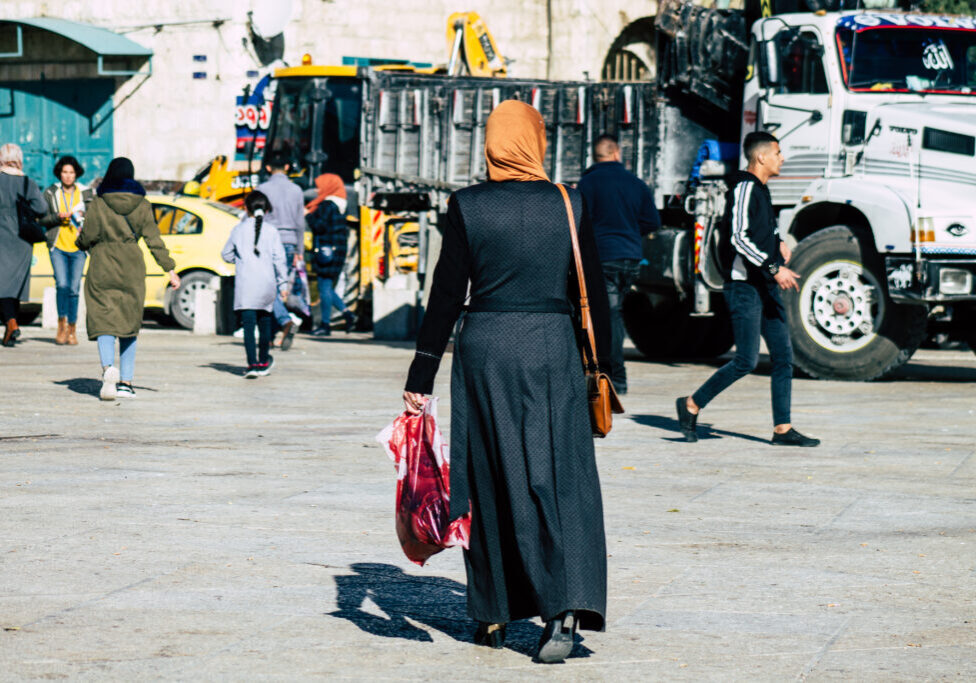Australia/Israel Review
AIR New Zealand: “Not Yet and Not Until” – debating Palestinian statehood
Sep 19, 2025 | Miriam Bell

Debate over the issue of recognising Palestinian statehood reached levels of passion rarely seen in New Zealand’s Parliament. Meanwhile, the broader discourse surrounding the subject has been yet another blow to the country’s weary Jewish community.
Over the last year, about a dozen countries have announced plans to recognise a Palestinian state, the most recent being New Zealand’s closest ally, Australia. Public pressure on New Zealand’s Government to do the same has ratcheted up in response.
In August, Foreign Minister Winston Peters announced he had taken an item to Cabinet about recognition of a State of Palestine, and it would formally consider the issue before making a decision in September.
New Zealand had been clear for some time that its recognition of a Palestinian state was a matter of when, not if, but Cabinet would weigh up whether the pre-requisites for a viable and legitimate Palestinian state existed for recognition at this juncture, he said.
“This is not a straightforward, clear-cut issue. There are a broad range of strongly held views within our Government, Parliament and New Zealand society over the question.”
Those views would be canvassed, and the issue would be approached “calmly, cautiously and judiciously” before a decision was made, he said.
That approach has not been appreciated by pro-Palestinian lobbyists, certain academics and former politicians, and opposition parties. Instead, the demands for the National-led Government to immediately recognise a Palestinian state have become more heated.
A debate in Parliament culminated with the keffiyeh-clad co-leader of the Green Party, Chloe Swarbrick, being thrown out of the debating chamber for saying that Government MPs should “grow a spine”. She subsequently refused to apologise as requested by the Speaker and continued to push her private members bill which would impose sanctions and a trade embargo on Israel.
Swarbrick’s behaviour has been praised by some and criticised by others, but to date it has not moved the Government. Meanwhile, Peters also attracted further criticism for not joining with the 22 countries that condemned Israel’s approval of a settlement project in the West Bank in a statement they released on August 21.
Broadcaster Michael Laws [a former MP] said he had rarely seen a debate in Parliament that was as passionate as that one. He pointed out there are kids in New Zealand being murdered, and very few are as passionate about it as they are about a Palestinian state, which left him scratching his head.
While there are differing views on the issue within the Jewish community, many are simply concerned that the rhetoric and misinformation accompanying the debate are further fanning antisemitism.
The New Zealand Jewish Council, which released a statement on the issue, since a potential shift in policy would directly impact the Jewish community, asked the Government to proceed with caution.
New Zealand’s standing as a principled voice for peace and the rules-based international order was jeopardised by a potential move that was out of step with the realities on the ground and which risked prolonging the conflict, it said.
“The council urges the Government to remain steadfast in supporting a genuine two-state solution that emerges from direct negotiations, mutual recognition and security guarantees for both peoples. Anything less risks replacing the prospect of peace with the certainty of further war and bloodshed.”
NZ Jewish Council spokesperson Juliet Moses told the Australia/Israel Review that local debate on the issue seemed ill-informed, with many people appearing to think that if New Zealand recognised a Palestinian state, then the war would end.
But that was not the case – even if every country recognised Palestine as a state, it would not achieve an end to the war, she said.
“New Zealand recognising a Palestinian state will not move the dial one way or the other. We are a small country which is not a major player in geopolitical affairs, despite what we often like to think. And with the debate in Parliament, there was a degree of hysteria in there.
“In much of what was being said, there was a real dislocation from the realities of the situation, and no-one was presenting a coherent, strategic policy position on the issue.
“So, while it’s good that Prime Minister Christopher Luxon has said Hamas has to go, how do we get to the point where Hamas is not in power, and if you recognise a Palestinian state how will that play out with Hamas still in power?”
Moses said it was hard to know what decision the Government might make, although it seemed like there could be a bit of caution around the Cabinet table.
But the country’s Jewish community felt exhausted by the situation at this point, as the onslaught was constant, she said.
“Our kids are being bullied at school, every day there are more antisemitic posters and stickers everywhere, academics are saying terrible things, and some Jewish people are being harangued by neighbours. And what can we do? This latest debate is all part of it, and how do you deal with it?”
It was possible to be pro-Israel and still concerned about the war, the Israeli Government and the extremist stance of certain Israeli ministers, Moses added.
“There are many different views, but none of that equates to ‘therefore we should have a Palestinian state right now’ – because if so, there is that disconnect again.”
The Jewish Council is not alone in asking the Government to tread carefully on the issue. A delegation of Christian and community leaders has also done so publicly, and had a session with Winston Peters’ adviser to discuss its position.
The delegation warned that premature recognition of a Palestinian state would reward terrorism and undermine peace. Its position on Palestinian statehood was to recommend a pragmatic approach of ‘not yet and not until’ as the best way to go.
Delegation representative Pr. Nigel Woodley said that meant not until all hostages were released by Hamas; not until Hamas was removed from Gaza’s governance; and not until international criteria for statehood (including defined borders and a properly functioning government) were met.
We cannot remain silent, as a Palestinian state under the present UN terms would endorse a terrorist entity right in the heartland of Israel,” he said. “We agreed it was important for people other than just the Jewish communities in New Zealand to speak up for Israel, which is so wrongly being maligned by our mainstream media.”
The delegation thought the Government was weighing up its decision on the balance, Woodley said.
The Israel Institute of NZ has also taken a ‘not yet and not until’ position.
Israel Institute spokesperson Greg Bouwer acknowledged the Government had signalled that recognition was a question of “when”, not if, but said the Institute’s concern was the timing.
“Recognition should follow verifiable reforms, not precede them. New Zealand’s credibility as a principled, rules-based actor is strongest when we apply consistent standards: sovereignty is earned through responsible governance and renunciation of terror, not bestowed as a consolation prize amid ongoing violence.”
The Institute does not claim to speak on behalf of New Zealand’s Jewish community, which holds a diversity of views on the conflict and on recognition of a Palestinian state, he said.
“Our role is to contribute analysis on New Zealand’s foreign policy choices. Our position is that recognition must not reward terrorism or incitement but be contingent on genuine reforms that make peace viable.”
Bouwer said the Institute has had strong engagement across New Zealand from people who shared a concern that premature recognition would entrench the wrong incentives.
The Institute has asked people to make a stand against rewarding terrorism and sign a petition that urged there should be no recognition until there was peace.
Tags: Israel, New Zealand, Palestinians






